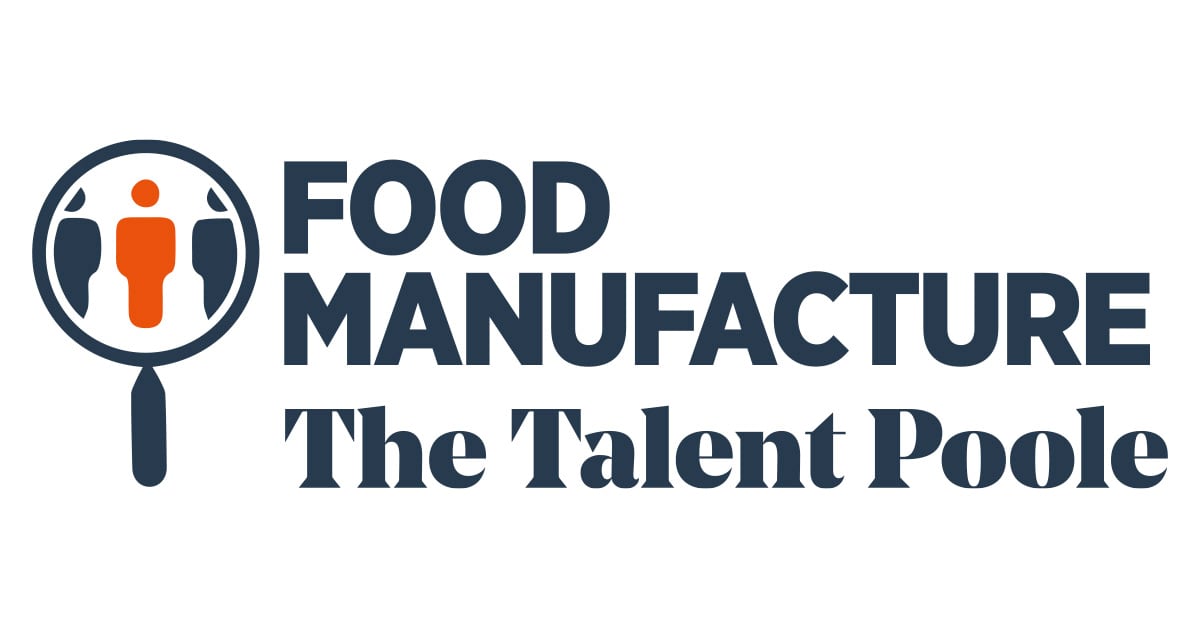Role-based training isn’t anything new, and the term itself is well understood. Ask anyone what it is, and they’ll say something along the lines of ‘it’s training that’s relevant to a person’s role’.
But today, the use of role-based training in the food industry, is limited.
BRCGS state that: ‘The site shall put in place documented programmes covering the training needs of personnel. These shall include, at a minimum: identifying the necessary competencies for specific roles.’1
For this reason, role-based training is considered when identifying which procedures staff must be trained on, to populate the training matrix – but that’s generally the extent to which its used.
However, it’s my belief that role-based training is at the very core of positive food safety culture, as it drives accountability as well as competency, and here’s why…
Training is too broad
Historically, compliance to food safety standards has always been a technical responsibility. Procedures have always been written by technical staff and therefore, they’ve been written so that they’re aligned to each topic in the standard. This means that a metal detection procedure, for example, will detail everything required to meet the standard for metal detection. It includes information and instructions for operatives, supervisors, engineers and the technical team. The procedure is then used for training each of those roles and the trainee is asked to sign, to confirm that they will follow the procedure in full and exactly as they’ve been taught.
But realistically it’s not expected that the trainee follows all of it, because not all the information in the procedure is actually related to what they do. When you look at this way, it’s no surprise to anyone that trainees don’t take the sign-off process seriously or know exactly what they’re responsible for doing once they’ve been trained, because the scope of the procedure is so wide.
Today, positive developments in food safety and quality culture, encourage an attitude where compliance to the standard is seen as a business-wide responsibility. Audits should no longer be technically led, but should be a team effort, where each department presents the part of the standard that they’re accountable for.
To excel at culture, we need to get really clear on who’s accountable for each task and who’s responsible for doing it. The process of formally agreeing accountability forces us to think about how the standard is divided across the departments and how the responsibilities are communicated.
This develops a role-based mindset. Where each member of staff understands what they’re accountable for and what they’re responsible for doing. To do their job efficiently, they then need to be provided with the specific information and instructions relating to their role.
How role-based training works
Role-based training provides the understanding of why a task is important and why it must be carried out in a particular way, and how each task fits together to achieve a common goal. Role-based procedures provide the step-by-step instructions of how each individual task must be carried out.
Let me explain what I think role-based training looks like in practice, using HACCP as an example.
In a business where role-based principles have been implemented, the training of each member of the HACCP team is tailored to their role. They don’t go on a ‘one size fits all’ type of HACCP course, because each member of the HACCP team has a different job to do. The engineer is trained specifically on how the engineering department can have a positive and negative impact on the safety of the product, how their engineering skills and experience can add value, and when and how to raise engineering-related changes to the team. The engineer isn’t trained on how to develop, implement, and use a severity and likelihood hazard analysis method, as this is something that the team leader is responsible for doing. Each aspect of the HACCP system has been carefully assessed to identify who is accountable and who is responsible for it. The training is then aligned with this.
The HACCP team knows who is responsible for each aspect of the HACCP system and how each task interrelates. The team develops systems and procedures which align with the roles, so that the training of CCPs (such as metal detection) is clear and the CCP operatives understand exactly what they’re responsible for doing.
The benefits of role-based training
The advantages of this kind of training approach are as follows:
- It promotes a culture where accountabilities and responsibilities are defined and therefore effective.
- The trainee can absorb a much higher proportion of what they’ve been taught, because it’s relevant and it makes sense to them.
- Each manager understands exactly what they’re accountable for and what they’re measured against, which drives ownership.
- Each member of the team understands exactly what they’re responsible for, which drives performance.
- The detail of the training is more finely tuned with more role-specific examples, and learning time is reduced as the training is more focused.
This means that a business which adopts role-based training principles can improve the performance of its business, by making each member of its staff work more effectively and efficiently.
References
- BRCGS Food Safety Issue 9




